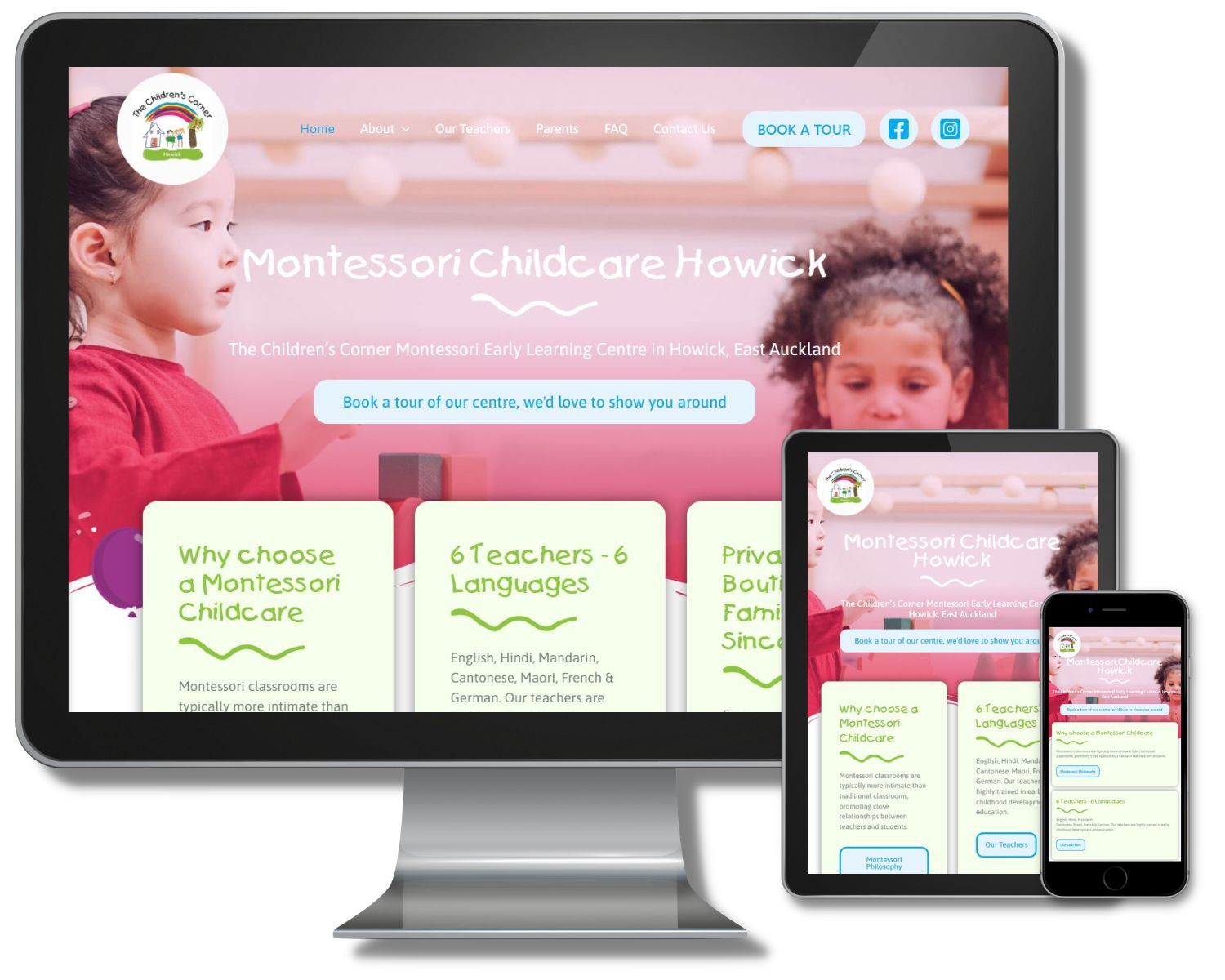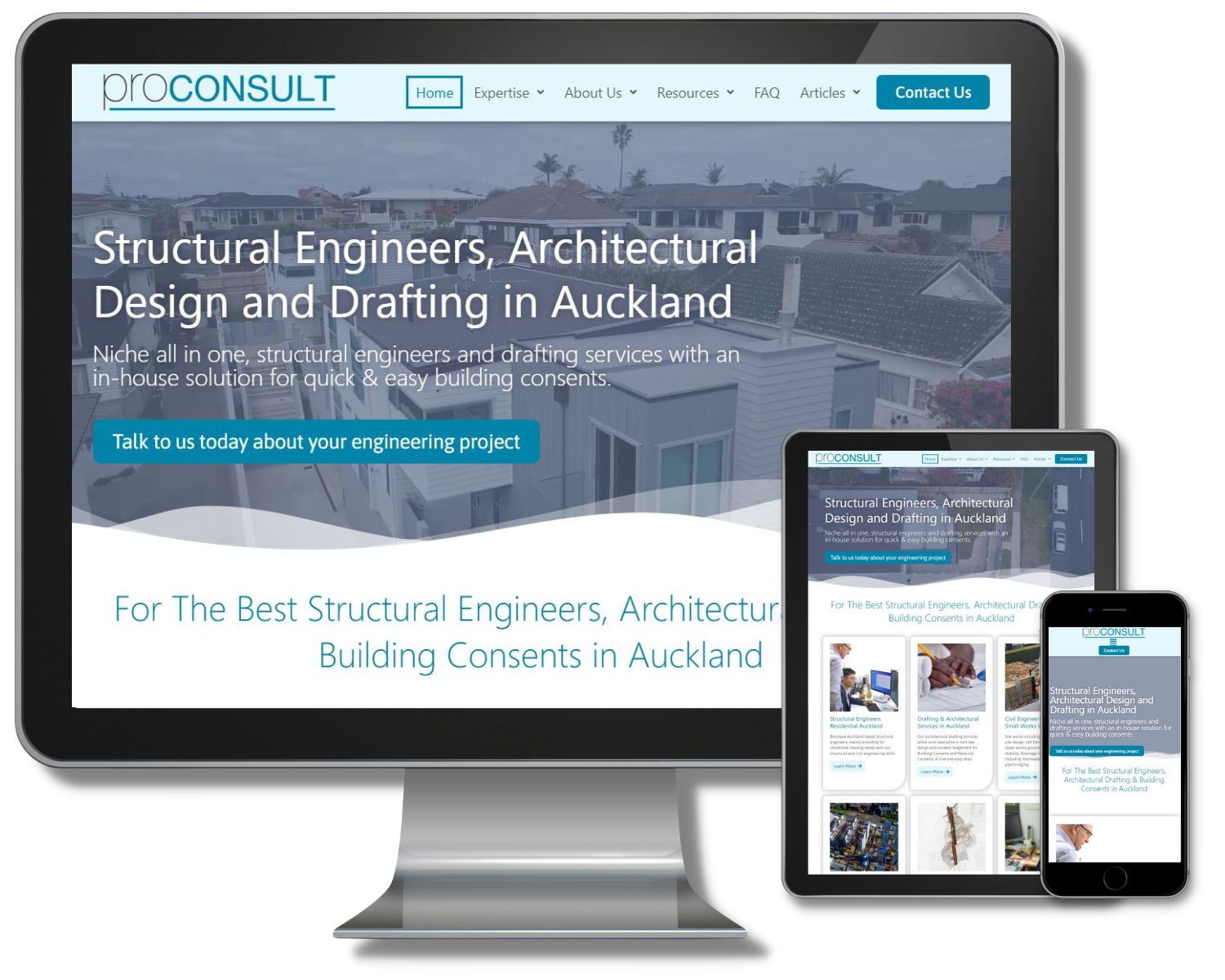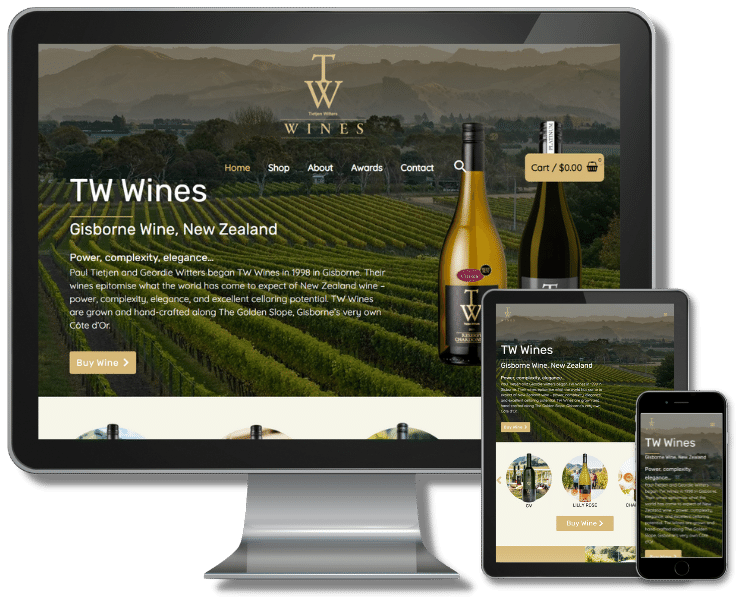Skyrocket Your Website and Achieve Staggering Results by Dominating Google
With the right website design and excellent on-page SEO you CAN increase sales and get found online.

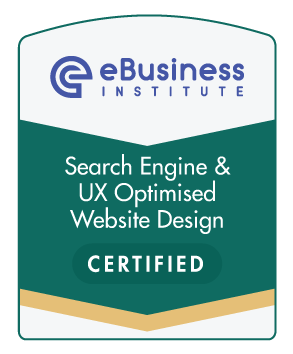
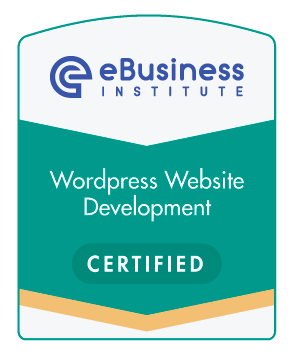
WEB DESIGN
Your customers are important to you so we design websites that enhance their user experience. Our designs are created using best practices and are free from distractions and clutter; making it easier to generate and convert leads into sales.
LOCAL SEO
Local SEO is a valuable tool that increases your visibility online. It enables potential customers to find the products or services that you offer. And, the more visible your business is, the more chances you have to sell your products and services online.
WHITE-LABEL SEO
Unlock the potential of your business with our white-label SEO services. Leverage our expertise and seamless integration to deliver exceptional results to your clients while growing your brand as a trusted authority in the digital marketing space.
Don't let SEO mistakes hinder your business's online success. Download our FREE guide today and unlock the strategies to optimise your visibility and avoid common pitfalls. Take charge and get your guide now!
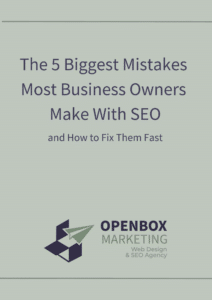
With the Right Website Design and Excellent On-page SEO You CAN Increase Sales and Get Found Online
At Openbox Marketing, we are dedicated to providing exceptional SEO services for businesses in Dunedin, Queenstown, and beyond. As a leading SEO agency, we understand the importance of having a strong online presence in today’s digital landscape.
What is SEO?
Search Engine Optimisation, or SEO, is the process of optimising your website to rank higher in search engine results pages (SERPs) for targeted keywords. SEO aims to increase organic traffic to your website, which can lead to more leads, sales, and revenue for your business.
Keyword Research
The first step in any successful SEO campaign is keyword research. This involves identifying the keywords and phrases your target audience uses to search for products or services like yours. By targeting these keywords in your website’s content, you can increase your chances of ranking higher in SERPs for relevant search queries.
On-Page Optimisation
On-page optimisation refers to the elements of your website that you can control to improve your search engine rankings. This includes optimising your website’s content, meta tags, headers, images, and internal linking structure. By following best practices for on-page optimisation, you can make it easier for search engines to crawl and index your website, improving your visibility in search results.
Off-Page Optimisation
Off-page optimisation refers to actions you can take outside your website to improve your search engine rankings. These include building high-quality backlinks from reputable websites, social media marketing, and local SEO strategies. By improving your online reputation and building your brand, you can increase your visibility in search results and attract more potential customers to your website.
Content Marketing
Content marketing is a crucial component of any successful SEO campaign. Creating high-quality, relevant, and engaging content can attract more visitors to your website and build trust with your target audience. This can lead to more shares, links, and engagement, improving your search engine rankings and driving more traffic to your website.
What People Are Saying About Openbox Marketing
Take a Look at Some of Our Google Reviews
For every Google review we receive, we will plant a tree. Find out how else we can improve our world together.
What our customers say
Janet at Openbox made the whole website design process a breeze. Efficient, friendly and effective. Highly recommended.
Sandra is so fantastically efficient and thoughtful. Knowledgeable, not pushy. Willing to explain and discuss. Results are speaking for themselves!
The team at Openbox are a rare find in digital marketing! They're easy to work with, but also really know their stuff. Sandra has such a flair for web design - she developed an amazing local air conditioning business website for us. It's a million times better than the old site and we're already seeing better conversions. Meanwhile, Janet is an SEO expert and made sure that all the content is top notch. We're already seeing keyword rankings take off. I'm so happy with their work and can't recommend them highly enough!
At Openbox Marketing, we are committed to helping businesses in Dunedin and beyond achieve their SEO goals. Whether you are looking to increase your website's visibility in search results, attract more visitors to your website, or improve your online reputation, we can help.
Contact us today to learn more about our comprehensive SEO services and how we can help you outrank your competitors in Google search results.
Boost Your Business Online
Do you need a new website that is mobile friendly? Maybe you need online ordering for your shop or restaurant? Or perhaps a website that is better designed to attract more customers?
Online Retail
Having your business set up to sell products online has never been more important. We can build you an E-commerce website that will showcase your store and take payments online.
Hospitality
Whether you run a cafe, restaurant, or accommodation, having an online presence is vital in the modern world. Offer online room bookings, table bookings or takeaway ordering.
Directory Services
Your directory portal website will be both elegant in design and quick to navigate. We can make complex navigation and categories easy for your visitors to use.
Travel Agencies
Mobile travellers are increasingly using online travel guides to find their way around, to book tours, transport, and accommodation. Your travel website will be optimised for sales and easy to use.
Membership Websites
A website is a primary tool to market and sell your subscriptions or memberships online. We can build you a membership website that is user-friendly, has compelling content, and secure payment options.
Service Providers
Having an online presence for say an accountant, dentist, hairdresser, plumber etc, is increasingly more important. We can make it easy for your customers to book your services online.
More Reasons Why You Should Work With Openbox Marketing
Because We Focus on Results
For us, it’s all about adding value to your business or brand.
Because We'll Build You a Fully Customised Website
Your business is unique, and so are your website and SEO requiements. There is no one size fits all here!
Because We Are Specialists in SEO
Not many website designers are SEO specialists. But we are!
Because We Are Qualified in Website Design and SEO
Our accreditations from the eBusiness Institute in Australia include:
- SEO Website Design & Content Marketing – CERTIFIED PRO
- Conversion Optimisation & WordPress Website Design – CERTIFIED PRO
- Digital Marketing & SEO Audit – CERTIFIED PRO
- Website Data Analytics & Reporting – CERTIFIED
- Webmaster Management & Website Security – CERTIFIED
You Are Helping Us Make a Difference
By doing business with Openbox Marketing you are automatically doing some good in our world. For every new client, we provide 5 nourishing meals to a child in need in New Zealand, and for every new website we complete for a client, we provide a month of educational support to a disadvantaged child in New Zealand.
Some Of Our Latest Website Designs
The Childrens Corner
- Instant tour bookings
- Clear business area
- Easy navigation
- New images
- SEO Optimised
ProConsult
- Website Renovation
- SEO Optimised
- Better call to action
- Clearer navigation
- New articles
TW Wines
- eCommerce Renovation
- Secure online ordering
- Freight added at cart
- Instant order notifications
- New orders sent by txt
Locations We Cover
Auckland
Even in such a competitive place, we can still get an Auckland business to rank well.
Wellington
With our local SEO help, your Wellington business can out rank your competitors.


